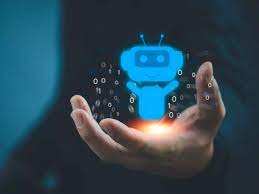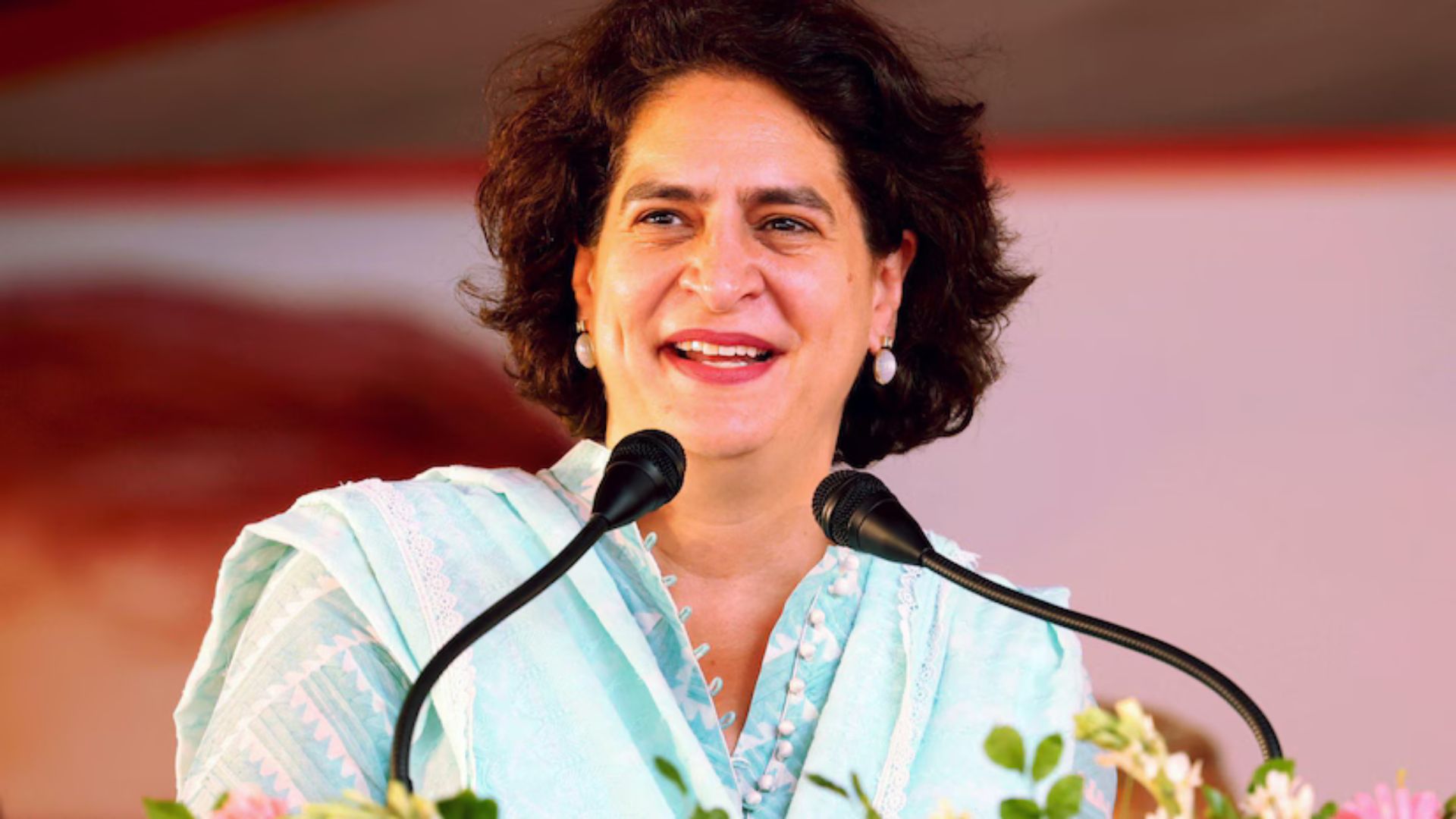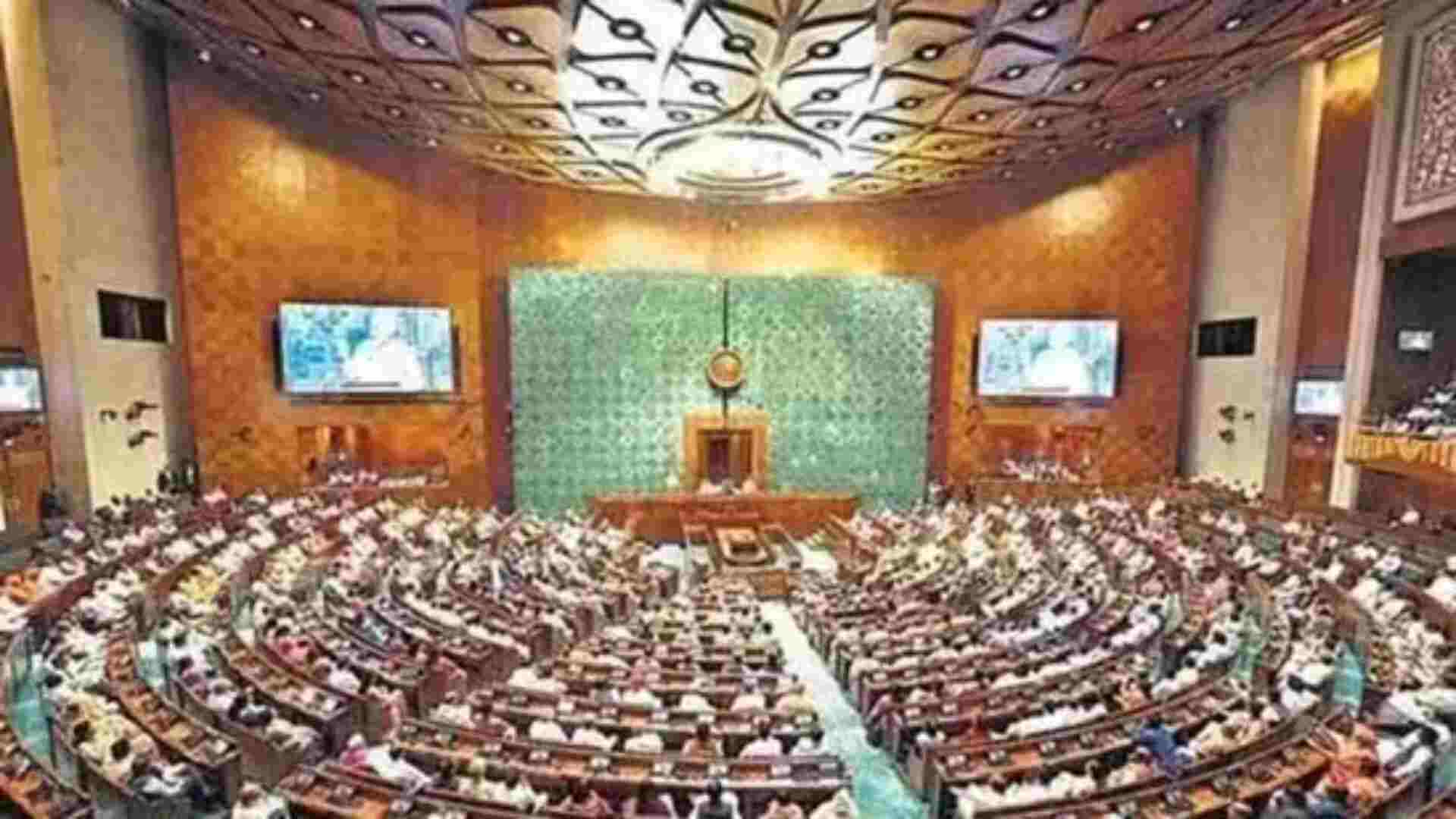
The breathtaking development of artificial intelligence has dazzled users by composing music, creating images and writing essays, while also raising fears about its implications. Even European Union officials working on groundbreaking rules to govern the emerging technology were caught off guard by AI’s rapid rise.
The 27-nation bloc proposed the Western world’s first AI rules two years ago, focusing on reining in risky but narrowly focused applications. General purpose AI systems like chatbots were barely mentioned. Lawmakers working on the AI Act considered whether to include them but weren’t sure how, or even if it was necessary.
“Then ChatGPT kind of boom, exploded,” said Dragos Tudorache, a Romanian member of the European Parliament co-leading the measure. “If there was still some that doubted as to whether we need something at all, I think the doubt was quickly vanished.”
The release of ChatGPT last year captured the world’s attention because of its ability to generate human-like responses based on what it has learned from scanning vast amounts of online materials. With concerns emerging, European lawmakers moved swiftly in recent weeks to add language on general AI systems as they put the finishing touches on the legislation.
The EU’s AI Act could become the de facto global standard for artificial intelligence, with companies and organizations potentially deciding that the sheer size of the bloc’s single market would make it easier to comply than develop different products for different regions.















